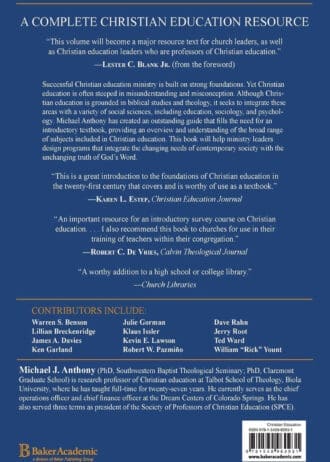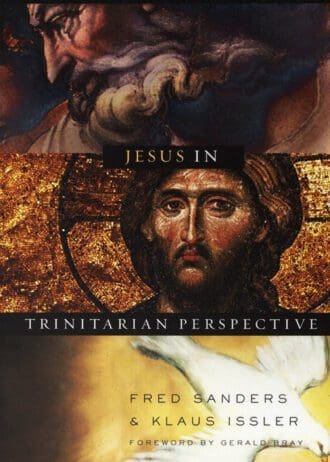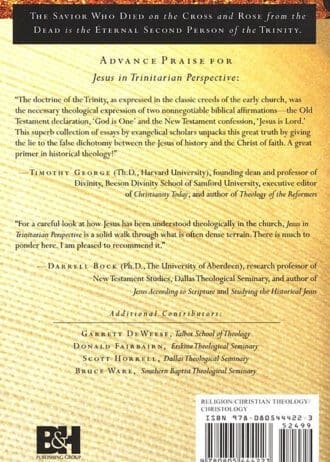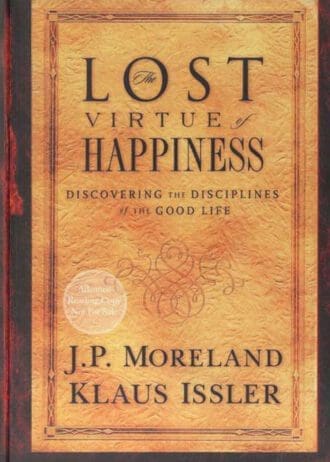Introducing Christian Education: Foundations for the Twenty-first Century
Successful Christian education ministry is built on strong foundations. Yet Christian education is often steeped in misunderstanding and misconception. Although Christian education is grounded in biblical studies and theology, it seeks to integrate these areas with a variety of social sciences, including education, sociology, and psychology. Michael Anthony has created an outstanding guide that fills the need for an introductory textbook, providing an overview and understanding of the broad range of subjects included in Christian education. This book will help ministry leaders design programs that integrate the changing needs of contemporary society with the unchanging truth of God’s Word.







